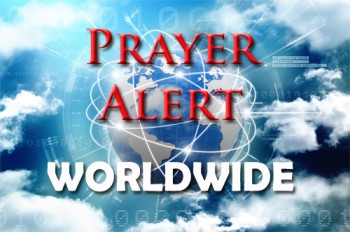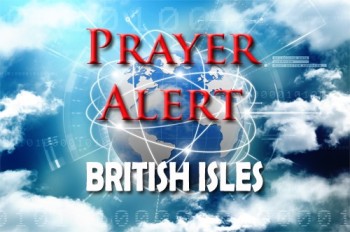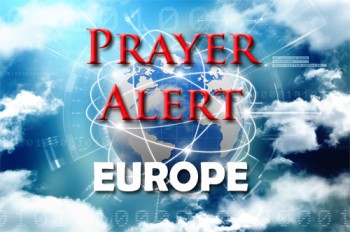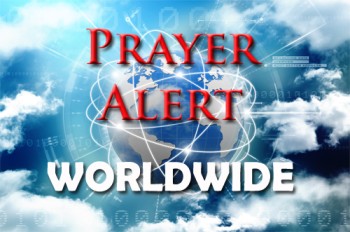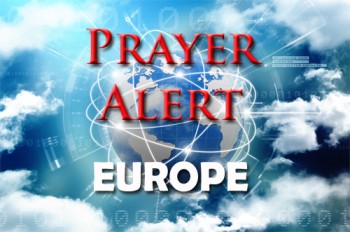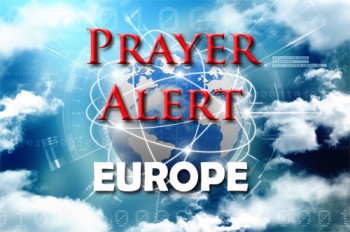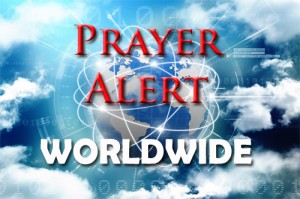Displaying items by tag: tourism
Kashmir: 26 killed in terrorist attack
A brutal terrorist attack in Indian-administered Kashmir has left 26 people dead, including tourists and locals, and sent shockwaves across India. On 22 April gunmen opened fire at a popular resort in Pahalgam, targeting visitors gathered at Baisaran meadow. Among the victims were an Indian naval officer on his honeymoon, a tourist guide supporting his family, and multiple members of one family vacationing together. Eyewitnesses report that some attackers questioned victims about their religion before opening fire, although motives remain unconfirmed. Survivors and families describe scenes of chaos, loss, and unthinkable grief. Locals fear the attack could devastate tourism-dependent livelihoods. Kashmir's streets fell silent as businesses shut in protest, while Indian leaders, including prime minister Modi, vowed a strong response. A manhunt is under way, and as families bury their dead and demand justice, the nation mourns a deep and painful wound. India has already closed the border with Pakistan, which has denied involvement with the terrorists, and there are fears that there will be further military escalation. See
Minister's warning over impact of digital travel permit
Northern Ireland’s economy minister, Conor Murphy, has warned that the UK’s new Electronic Travel Authorisation (ETA) scheme could severely impact tourism. Starting this week, visitors from 48 additional countries must apply for an ETA, costing £10 per person, before entering the UK. The digital permit, linked to passports, is valid for two years and allows multiple stays of up to six months. Murphy is lobbying Westminster to exempt Northern Ireland from the scheme, emphasising that 70% of international tourists arrive via the Republic of Ireland and could be discouraged by this added cost and process. He suggested a seven-day exemption for short-term visitors, highlighting tourism’s significant contribution to the Northern Ireland economy in 2023 and its importance as a peace process success story. Tour operators and tourism bodies voiced concerns that the added expense could deter visitors from visiting iconic destinations like the Giant’s Causeway. The Government, defending the ETA as a streamlined, secure system, has pledged to work with the tourism industry to address concerns.
Spain: plans to transform La Rambla
It is one of the most iconic boulevards in Europe, but in recent years Barcelona’s La Rambla has been plagued by souvenir shops, pickpockets, and prostitutes. The city plans to transform the street, aiming to reduce the effects of mass tourism and restore the street to local citizens. The ambitious plan, expected to be completed by 2027, includes reducing traffic, adding arts centres, and replacing souvenir shops with authentic local businesses. Planners hope to make La Rambla more attractive to both locals and tourists by offering a more genuine cultural experience. Activists argue that the street has become a tourist monoculture, losing its diversity and charm. The city council wishes to attract tourists with respectful behaviour, not just those with money. Changes include widening the central boulevard, improving street lighting, and adding three new squares.
Oman: 91% are unreached
Oman’s economy is heavily dependent on declining oil reserves. It has begun focusing on tourism as a new source of economic growth. Diverse untouched landscapes of coastlines, deserts, and mountains are unique destinations for travellers. The Oman Arab Bank recently sponsored their third tourism forum to train young adults in the tourism industry. While this boosts Oman’s economy, it is also an opportunity for the Gospel to reach five million people who have never heard the good news of Jesus’ love and gift of salvation. Proselytising is illegal, and those in active Christian ministry experience pressure to leave the country. But as tourism increases, creative access to new people groups will become more feasible. Pray for successful expansion of current Oman ministries: relief and water projects, media, literature, business as ministry, urban evangelism, and church planting. As tourism meets the financial needs of Oman, may the Church go forth to meet the spiritual needs.
Opening borders
As governments across Europe seek ways to reopen borders, the EU is calling for a coordinated approach, especially as it seems each country is drawing different conclusions on how best to proceed. What happens over the coming weeks and months will be important both for ‘key’ travel as well as tourism. In May, the EU set out plans for a phased restart of travel from 15 June, giving guidelines about lifting restrictions at the internal borders. European legislation provides a framework for such reopenings. ‘It is up to each member state to decide how to regulate its own borders, but they must do so within the framework of the Schengen Code for the Schengen Area,’ said European law professor Alberto Alemanno. See
Italy’s challenge, and cashless society
The challenge: Italy is facing its worst recession since the Second World War. To heal the decimated economy, it has no choice but to revive its tourism industry. As of today, European travellers are once again welcomed in, restrictions on movement between regions have been lifted, and international flights are set to resume in three major cities. Italy wants visitors, but it is unclear if visitors want Italy. Also, people have long hoarded banknotes in uncertain times, but the pandemic may prove an exception. Passed from person to person, cash is making people nervous. Across Europe, shopkeepers and customers are looking for ways to limit the chances of infection, prioritising card payments. Analysts see this rapid shift as a huge step towards a wholly cashless society.
Israel: Christmas and tourism in Bethlehem
70% of what had been Palestine until 1949 is now controlled by Israel. After the 1967 Arab-Israeli war and the continuing expansion of settlements and military law in the West Bank, the Palestinian Authority now has control over about 18% of the West Bank - which includes Bethlehem. The tourism industry there is yet another battleground of Palestinians and Israelis for controlling the narrative around the occupation. At Christmas there are strings of lights over the town's famous Manger Square, with a life-sized nativity scene, and pilgrims entering the church to see where Jesus was born. Tourists come in groups organised by Israeli tour companies, while native Palestinian local guides look for individual tourists to show them around their hometown. There is an unseen struggle for Palestinians, many of them Christians, to earn a living.
